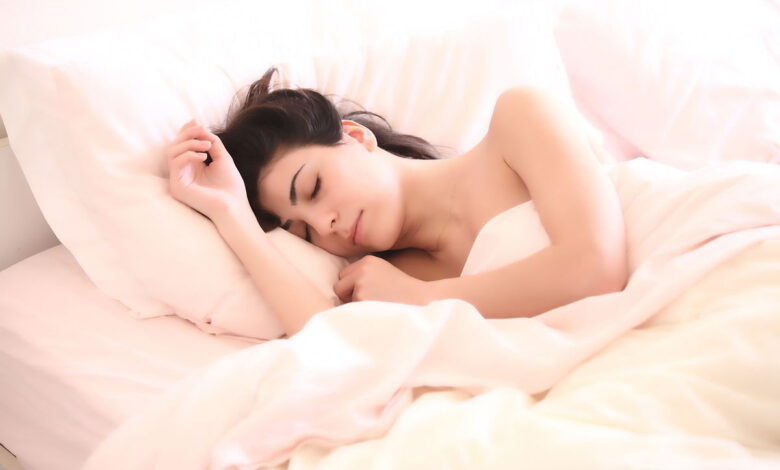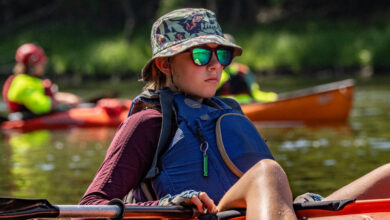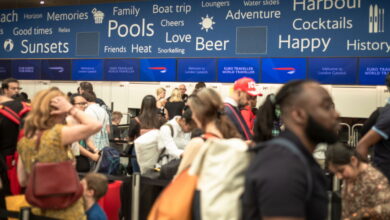A holiday for sleeping? Discover Sleep Tourism « Euro Weekly News


Sleep tourism trend. Credit: Pixabay,
Claudio_Scott
Believe it or not, sleep is now being marketed as a luxury and travellers are seeking it out in the form of a trend known as Sleep Tourism.
The rise of sleep tourism is revolutionising the hotel industry, with many establishments transforming rooms into rest sanctuaries. As Falstaff reports, “true recovery is more than just a fleeting moment of relaxation.”
Hotels are no longer just about good-quality mattresses; they’re offering full sensory experiences aimed at improving sleep quality – something travellers are desperately craving.
Why good sleep matters more than ever
Europeans spend around 3,000 hours a year sleeping, according to Germany’s Federal Statistical Office, cited via Falstaff. This time is crucial for physical and mental health, yet increasingly, people are struggling to get the rest they need. A 2023 study by the Medical University of Vienna found that 43 per cent of Germans were affected by chronic insomnia, as reported by Falstaff.
The pandemic has only worsened things, disrupting routines and deepening stress-related sleep issues. Hilton’s 2025 Trends Report confirms that “guests consistently tell us that sleep is one of the most important parts of their stay.”
Sleep Tourism: Pillow menus and sleep gurus
Hotels are responding. Zedwell in London removes all distractions – no TV or phones – while Calista Resort in Antalya offers a pillow menu with buckwheat, goose feather, or orthopaedic choices. At The Westin Grand Frankfurt, anti-snoring pillows promote uninterrupted rest.
Hilton has partnered with Calm, the meditation app, to offer guided relaxation via in-room TVs, alongside aromatherapy kits, circadian lighting, and triple-glazed, noise-reducing windows. “Getting a great night of sleep starts before you lay your head on the pillow,” says Amanda Al-Masri, Hilton’s VP of Wellness, cited by Next Avenue.
Sleep Tourism: Smart beds and sound bathing
The sleep tourism trend has a techy aspect, too. Park Hyatt’s Bryte Sleep Suites use AI-powered beds that adjust to the body’s pressure points and gently rock guests awake. The London West Hollywood also uses Bryte technology, syncing mattress movements with soothing audio.
In Proper Santa Monica, guests can experience a sound bath – a practitioner uses singing bowls to lull them to sleep, and then tiptoeing out once they’ve dozed off.
From Rosewood’s holistic retreats to Anantara’s ‘sleep guru’ spa therapies, and even Six Senses Ibiza‘s multi-day sleep programmes, hotels are reframing sleep as a form of wellness. Falstaff notes that even diet is part of the strategy, with melatonin-rich foods like nuts and bananas being offered – ideal for inducing a deep sleep.
Would you travel to sleep?
According to Hilton’s Sleep Tourizzzm 2.0 report, 70 per cent of luxury travellers now choose hotels with sleep-centric amenities. One in five enjoys hurkle-durkling – the Scottish phrase for lounging in bed all day – and 63 per cent of travellers say they sleep better alone, prompting a rise in ‘sleep divorce’ rooms.
What are your thoughts on a sleep vacation? I personally would love one. If not, a calmcation wouldn’t go amiss.
View all travel news.




